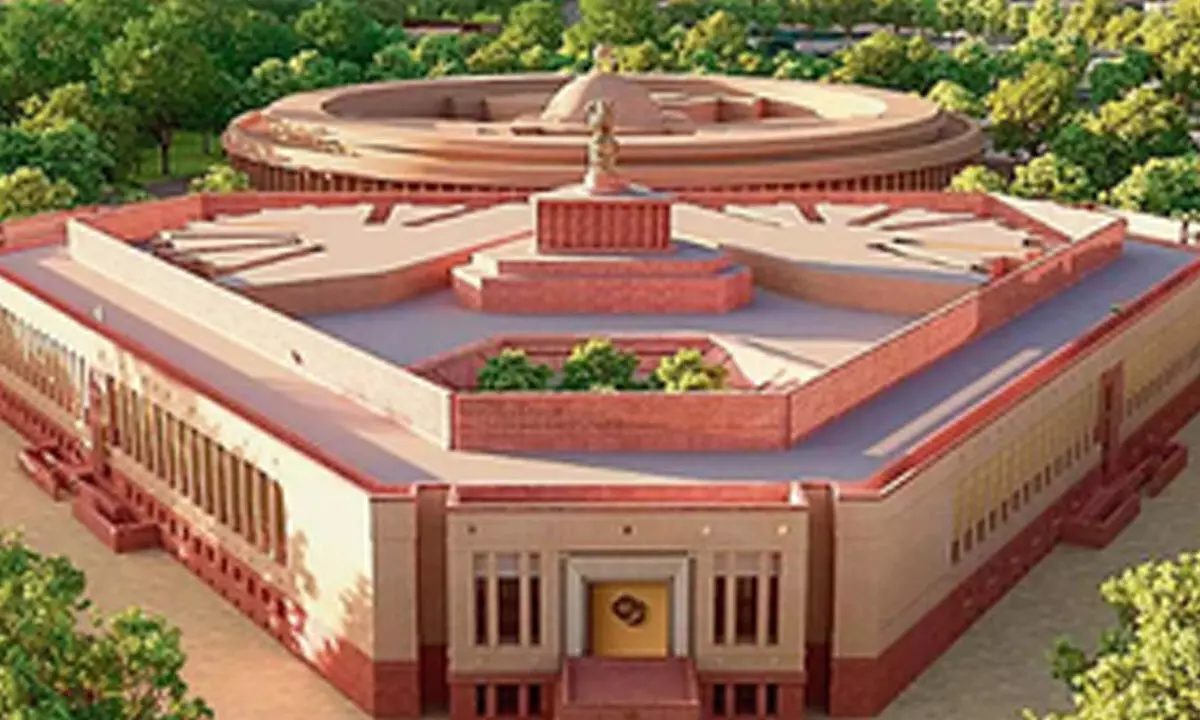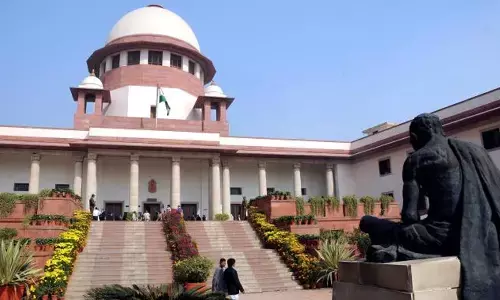Merit in demand for separate HC for Nagaland: Parliamentary panel
Share :

Presenting its report to both the Houses of Parliament, a Parliamentary Committee on Wednesday said that there was merit in the demand for a separate High Court by the state of Nagaland.
New Delhi: Presenting its report to both the Houses of Parliament, a Parliamentary Committee on Wednesday said that there was merit in the demand for a separate High Court by the state of Nagaland.
The Department-related Parliamentary Standing Committee on Personnel, Public Grievances, Law and Justice in its 141st report 'Judicial Infrastructure in the North-Eastern States of India' noted that the State of Nagaland does not have its own High Court and has been under the jurisdiction of Gauhati High Court since 1963.
During interactions, the President of the Kohima Bar Association informed the parliamentary panel that the states like Tripura, Meghalaya and Manipur which came under the jurisdiction of Gauhati High Court in 1971 have now established their own High Courts but the state of Nagaland does not have its own High Court.
In its report, the Standing Committee, chaired by BJP Rajya Sabha MP Sushil Kumar Modi said that there is merit in the demand for a separate High Court by the State of Nagaland and the Union Ministry of Law and Justice must coordinate with the Ministry of Home Affairs to address the demand.
Further, the Committee said that the status of judicial infrastructure in the northeastern states can at best be termed as work in progress and a lot of work still needs to be done to meet the requirement at the lower end of the spectrum.
“Although, the Centrally Sponsored Scheme (CSS) for Development of Infrastructure Facilities for Judiciary is a ray of hope in otherwise gloomy scenario, it is imperative to enhance the share of North Eastern States under the Scheme,” it said.
The report added that it does not augur well for a vibrant and aspirational democracy to have Courts which are functioning from dilapidated rented premises with insufficient space and which lack basic amenities like toilets, water connection, proper electricity supply, etc.
The panel said: “It is the duty of the State to provide access to justice to all its citizens and create judicial infrastructure to provide efficient, economic and timely delivery of justice.”







